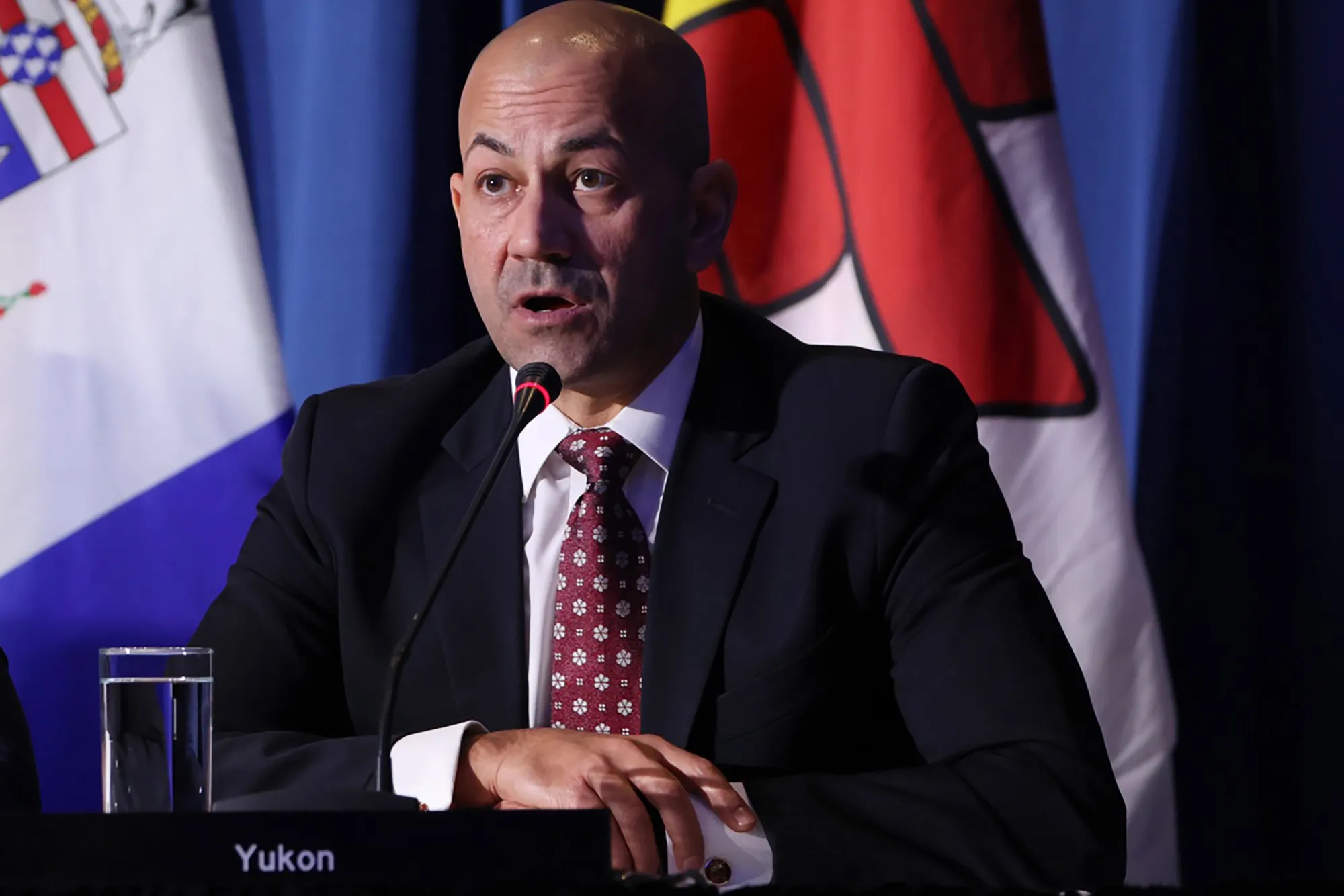Iran to Install Thousands of New Centrifuges, Defying IAEA Concerns

Iran has informed the International Atomic Energy Agency (IAEA) of its plan to install over 6,000 new centrifuges for uranium enrichment, escalating tensions with world powers just days before crucial talks, Al Jazeera reports.
The announcement, revealed in a confidential IAEA report, follows a recent censure by the agency’s Board of Governors.
The move comes as Iran prepares for talks with Britain, France, and Germany in Geneva on Friday to discuss its nuclear program. The report details Iran’s intention to bring additional existing centrifuges online, a direct response to the international criticism. While Iran previously agreed to limit its high-enriched uranium stockpile to 60% purity – far below weapons-grade levels – the installation of 18 new cascades of IR-4 centrifuges at the Natanz plant significantly increases its enrichment capacity. Each cascade contains 166 centrifuges, allowing for much faster enrichment and raising concerns about potential nuclear proliferation.
Tehran maintains it does not seek nuclear weapons, a claim repeatedly asserted despite the ongoing expansion of its enrichment program. The Geneva talks are particularly significant, taking place just two months before the inauguration of US President-elect Donald Trump. Trump’s previous “maximum pressure” campaign against Iran led to the US withdrawal from the 2015 Iran nuclear deal, prompting Iran to accelerate its nuclear activities.
Representing Iran at the Geneva meeting will be Majid Takht-Ravanchi, deputy to Foreign Minister Abbas Araghchi. Prior to the talks, Takht-Ravanchi met with Enrique Mora, the deputy secretary-general of the European Union’s foreign affairs arm. Mora described the meeting as a “frank exchange” covering Iran’s military support for Russia, the nuclear issue, regional tensions, and human rights concerns.
However, Iran’s Deputy Foreign Minister for legal and international affairs, Kazem Gharibabadi, criticized the EU’s stance, accusing the bloc of “self-centered and irresponsible behaviour” regarding the Ukraine war and Iran’s nuclear program. He further condemned the EU’s response to the situation in Gaza, arguing it lacked moral authority to address human rights issues.
Adding to the international pressure, Israeli Prime Minister Benjamin Netanyahu stated that Israel will do “everything” to prevent Iran from acquiring nuclear weapons. His comments follow a warning from Araghchi that Tehran could end its self-imposed ban on developing nuclear weapons if Western sanctions are reimposed. The coming days will be crucial in determining the outcome of the Geneva talks and the future trajectory of Iran’s nuclear program.








